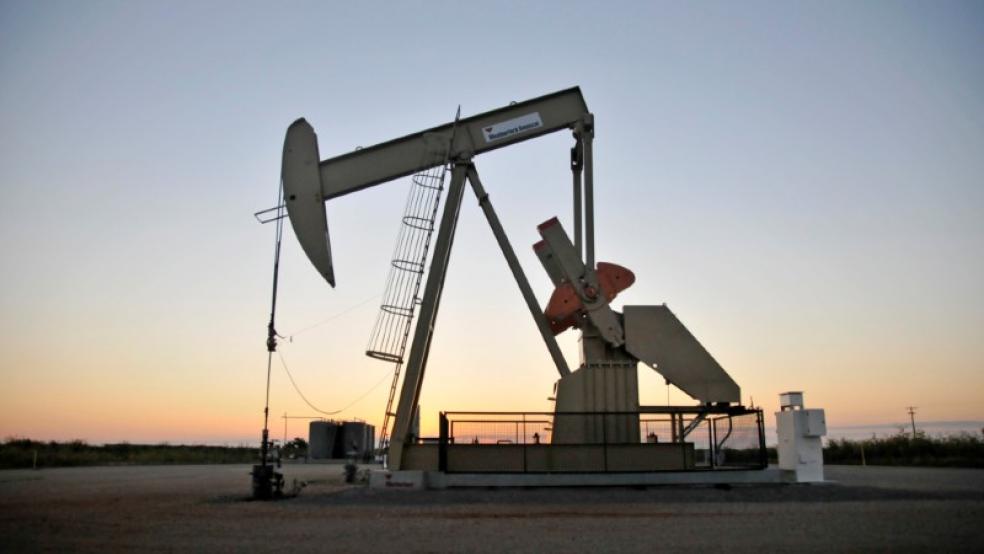Economic growth was positive in the third quarter, ending a six-month run of contraction that started at the beginning of the year, the Bureau of Economic Analysis said Thursday.
The summer rebound saw gross domestic product increase by 0.6 % from July to September, which translates to a 2.6% annual growth rate.
Trade played a major role in the results, as the U.S. exported more gas and oil amid shortages in Europe resulting from Russia’s invasion of Ukraine. Consumer spending rose, as well, although the 1.4% annual pace recorded in the third quarter marked a decrease from the 2% rate the quarter before.
Happy to highlight any good economic news ahead of the midterm elections, President Joe Biden said the report shows that the economy is stronger than his critics have claimed. “For months, doomsayers have been arguing that the U.S. economy is in a recession and Congressional Republicans have been rooting for a downturn,” he said in a statement. “But today we got further evidence that our economic recovery is continuing to power forward.”
Trouble ahead? Inflation continues to be a problem for millions of American consumers, and some economists see worrying signs that suggest another slowdown is on the horizon. Not least, investment in housing fell by 26% during the quarter, driven in large part by the Federal Reserve’s campaign to tighten monetary conditions by raising interest rates and shrinking its balance sheet.
• Diane Swonk, chief economist at KPMG, said that domestic demand has slowed dramatically. “The irony is, we’re seeing the strongest growth of the year when things are actually slowing,” she told The Washington Post. “There are some real cracks in the foundation. Housing is contracting. The consumer is slowing. GDP is growing, but not for all of the right reasons.”
• Jeffrey Roach, chief economist at LPL Financial, said in a statement that while the U.S. economy is not currently in a recession, future growth looks weak. “A deteriorating housing market and nagging inflation, along with an aggressive Federal Reserve, put the economy on unsure footing for 2023.”
• “The overall state of the economy is deteriorating and a lot of it is just the weight of elevated inflation and higher interest rates,” said Richard F. Moody, chief economist at Regions Financial. “I don’t think that we’ve seen the full effects of higher rates work their way through the economy, so that’s why we have pretty low expectations for the next several quarters.”
• Joseph Brusuelas, chief economist at the consulting firm RSM, was a bit more literary in his analysis, saying that the report amounted to “sound and fury signifying nothing.” Shakespeare aside, he argued that “once one looks at the pace of economic activity excluding trade, domestic economic activity continues to grow well below the 1.8% long-term trend rate and clearly is at risk of falling into recession in the near term.” Brusuelas now puts the probability of a recession in the next year at 65%.
Economy
US Economy Returns to Growth — but Maybe Not For Long

Nick Oxford



